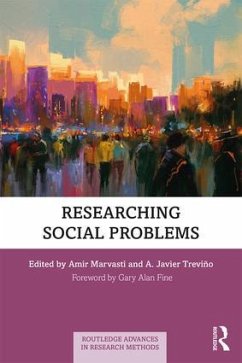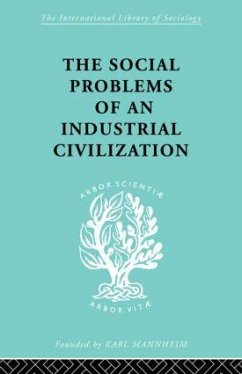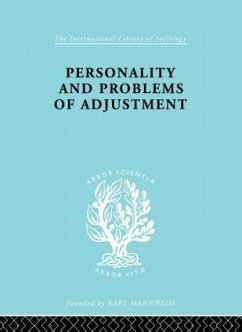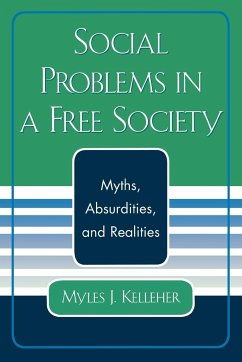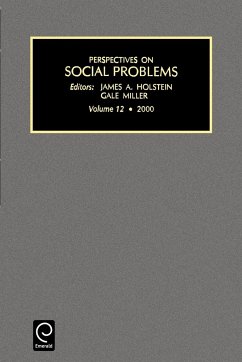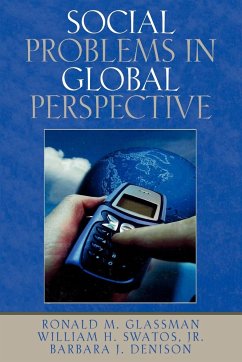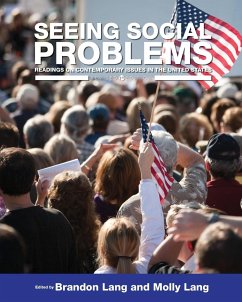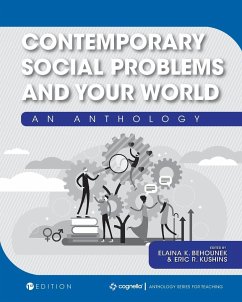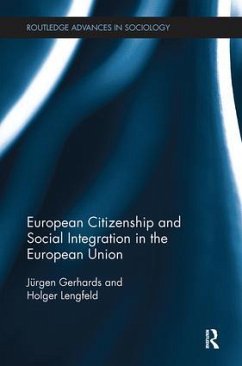
European Social Problems
Versandkostenfrei!
Versandfertig in 1-2 Wochen
60,99 €
inkl. MwSt.

PAYBACK Punkte
30 °P sammeln!
European Social Problems is the first book to examine social issues in Europe from the perspective of the social sciences. It considers many of these social problems following the UK's 'leave' vote. Key topics examined here include: immigration; multiculturalism and religion; health; inequalities; education; riots and protest; drugs and crime; sexuality. These core issues run as a thread through Europe and are experienced by Europeans themselves as social problems. As such, this text facilitates students' direct engagement with some of the problematic constituents in their own lives. This text...
European Social Problems is the first book to examine social issues in Europe from the perspective of the social sciences. It considers many of these social problems following the UK's 'leave' vote. Key topics examined here include: immigration; multiculturalism and religion; health; inequalities; education; riots and protest; drugs and crime; sexuality. These core issues run as a thread through Europe and are experienced by Europeans themselves as social problems. As such, this text facilitates students' direct engagement with some of the problematic constituents in their own lives. This text is suitable for those studying social policy, sociology, politics, international relations, criminology and education studies. In this way it functions as an accessible 'reader' for final year undergraduates as well as postgraduate students.





